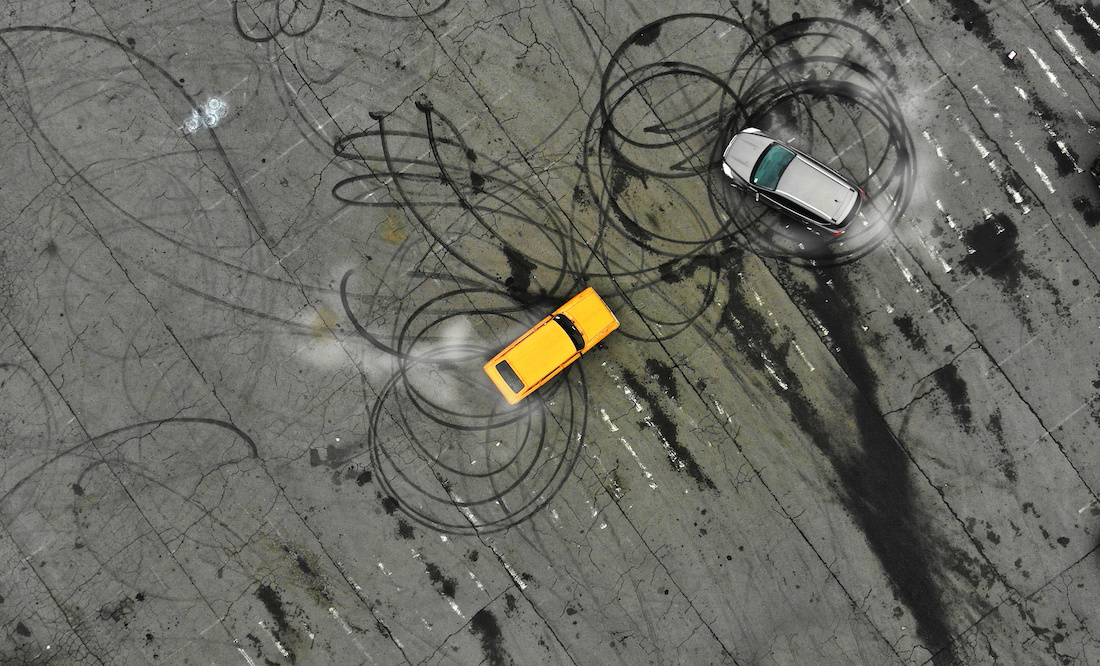„Den 3. Juni hunn ech mat Intressi e Commentaire vum Marie Gales op RTL gelauschtert an där d’Problematik vum Kaméidi vu manipuléierte Gefierer beklot gëtt. Der Journalistin fale virun allem Gefierer op,”bei deenen den Auspuff manipuléiert gouf. Quad‘en, déi nach versichen am Stau duerch d’Mëtt ze fueren an Autoen, bei deene serieméisseg e Knäppchen agebaut ass fir Kaméidi ze maachen! Deslescht erlieft am Mierscher Tunnel, wou ech duecht, ech wier an enger Formel 1 Course“, esou d’Commentatrice.
Dat wat am Kommentar vun RTL beschriwwe gëtt, dat erlieft ee queesch duerch d’Land. Ëmmer méi Leit bekloen sech: an de Wunnquartiere vun de Stied, an den touristesche Regiounen, op den Haaptstroossen duerch eis Uertschaften, bei Spideeler an Altersheimer, op grousse Parkingen, etc. . Dacks sinn et auslännesch Biker, déi eist Land zum Motorradsparadäis deklaréiert hunn – awer eben net nëmmen. Et däerf ee beileiwen net all Motorrads- an Autofuerer an dat selwecht Dëppe geheien. Do gëtt et eben déi eng Leit, déi ganz récksiichtsvoll fueren, a leider eben och déi aner. Esouee Verhalen ass einfach respektlos. Ma déi Situatioune sinn och oft ganz geféierlech. Déi Chauffere brénge schliisslech net nëmme sech selwer a Gefor, ma och aner Leit déi ënnerwee sinn, sief et an anere Gefierer, mam Velo oder zu Fouss.
Virun dësem Hannergrond wollt ech dem Här Policeminister folgend Froe stellen:
- Wéi systematesch ginn d’Kontrollen a punkto Bekämpfung vum Kaméidi vu sou Gefierer organiséiert?
- Muss d’Police de la route an deem Kontext eventuell nei opgestallt a personell opgestockt ginn – well et gëtt ëmmer gesot, datt et carrément u Leit feelt; datt dat de Problem par excellence wier?
- Ass d’Police mat adequatem Material ausstafféiert fir de Kaméidi genee kënnen ze moossen, sou wéi dat z.B. an der Belsch de Fall ass?
- Wéi vill Strofe goufen an dësem Zesummenhank zanter 2018 ausgeschwat?“






